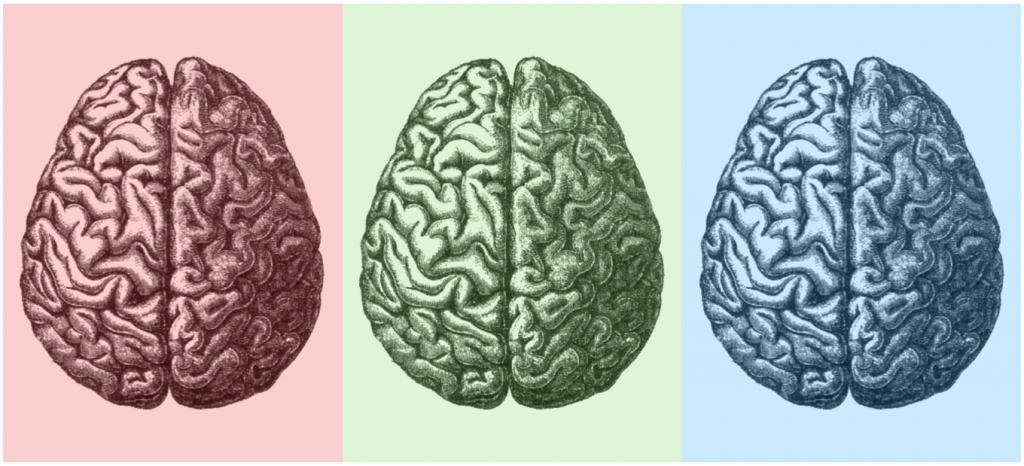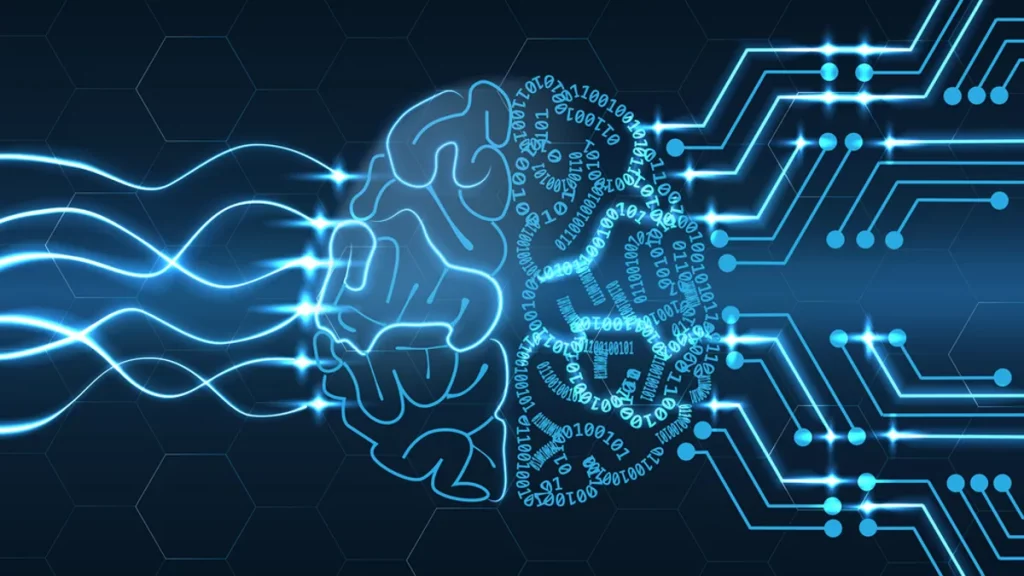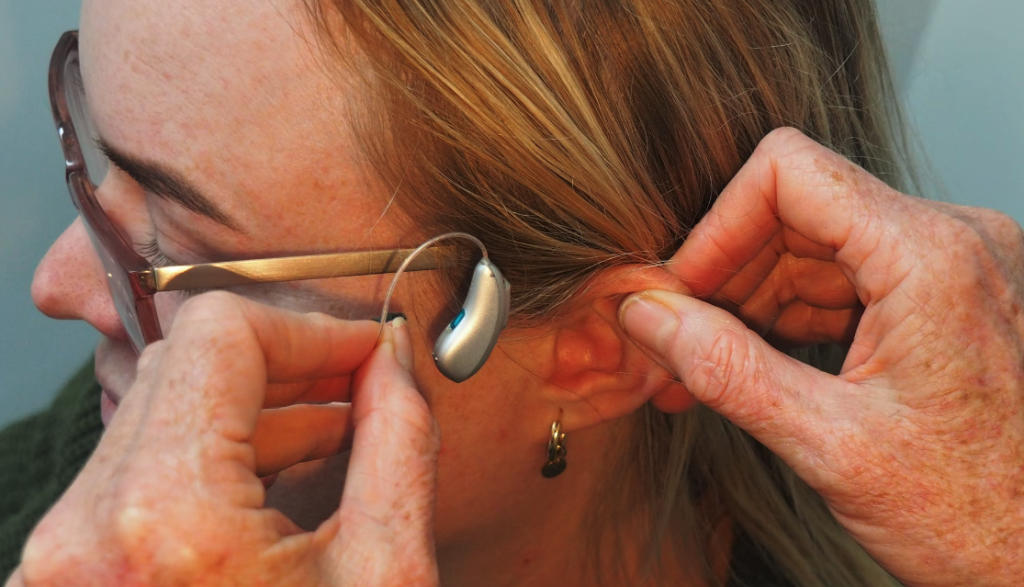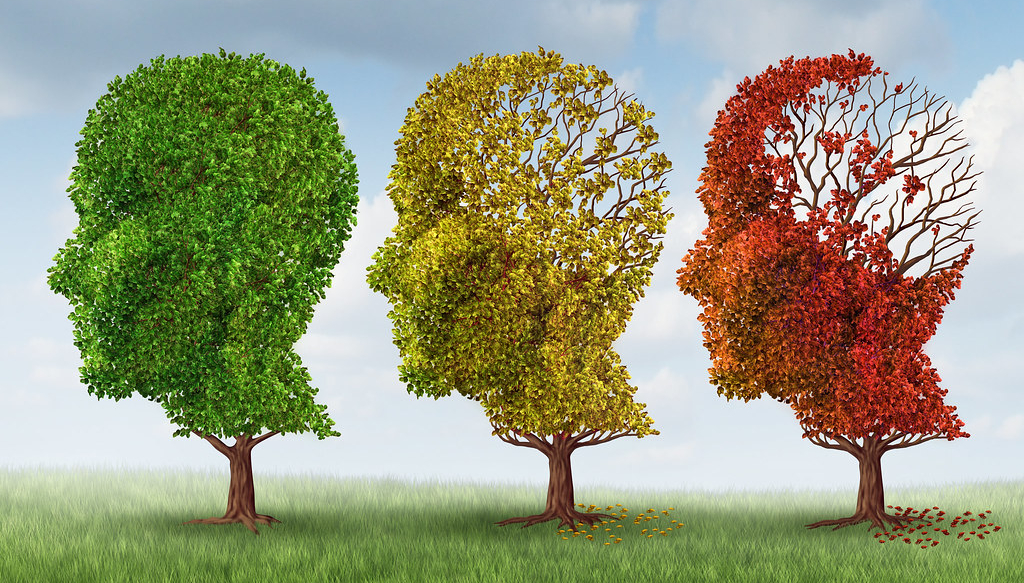A deep dive into the birth of the Brain Bank in Brazil with Dr. Lea T. Grinberg
Join me in this podcast where we travel with Dr Lea T. Grinberg, a professor at the University of California San Francisco, to Brazil to explore her career and her path towards creating the Brazilian Aging Brain Study Group in São Paulo and her own laboratory. Dr Grinberg dives into the hardships and the rewards involved with creating a brain bank and sharing brain tissues. This initiative had a great impact on research opportunities in Brazil and research output from Brazil because it was the first community-based autopsy service, which allowed them to observe and examine people’s brain at different stages of dementia. Today, many groups around the globe work and study the Brazil brain bank!






